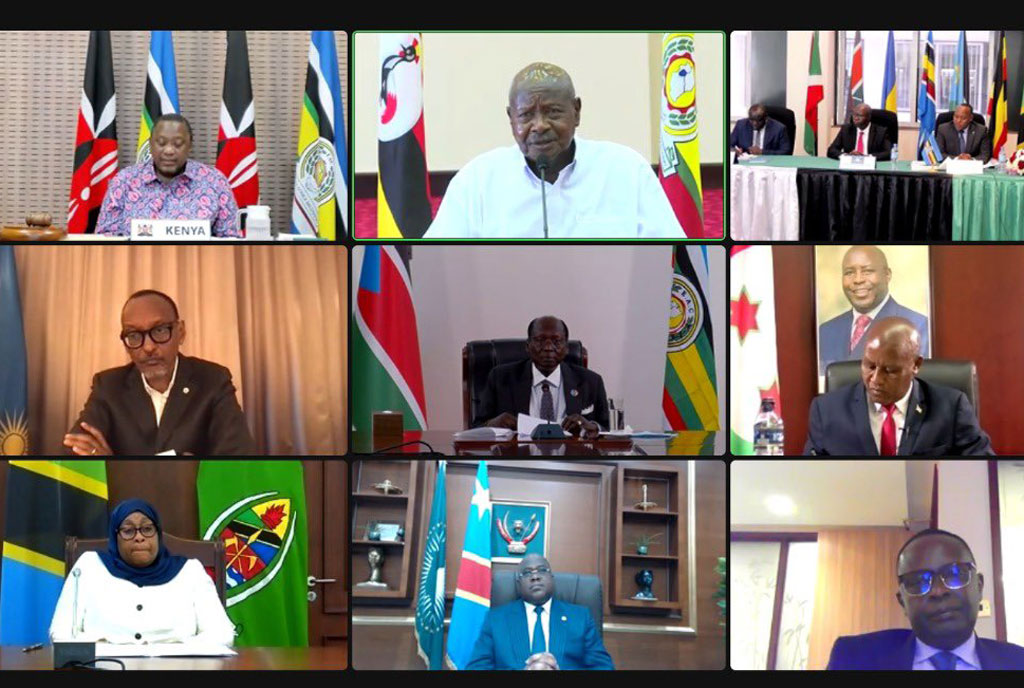Prime
EAC federation is not the best idea

Author: Phillip Matogo. PHOTO/FILE
What you need to know:
- If integration is to work, then all partner states must operate according to agreed principles.
On Wednesday, President Museveni welcomed the Democratic Republic of Congo (DRC) into the East African Community (EAC).
DRC’s membership in the EAC, as its seventh partner state, was confirmed at a virtual summit of the EAC heads of state at their 19th Ordinary Summit after a recommendation by EAC’s Council of Ministers.
The chairperson of the Summit, Mr Uhuru Kenyatta, who is also Kenya’s President, informed the meeting that DRC met all the standards for admission as provided for in the treaty for the establishment of EAC.
We appreciate the EAC as an engine room for the increased zonal Gross Domestic Product in glove with an expanded market in a region that is home to a sizeable population. According to some sources, as of March 2022, the combined population of all seven EAC partner states was 281 million, thereby, giving the EAC the fourth largest population in the world.
ALSO READ: Indeed dear EAC, you are welcome to DR Congo
However, something is not reading right and I shall explain why.
Under the EAC treaty, the criteria for admission of any country to the EAC include adherence to universally acceptable principles of good governance, democracy and the rule of law.
Other considerations are the observance of human rights and social justice. However, if this is what is required for admission, why was Uganda admitted?
It is widely accepted as a truism that the NRM government has managed to maintain its grip on power through an unhealthy diet of dispensing patronage, compromising independent institutions and sidelining opponents.
National Unity Platform party adherents will tell you that scores of their fellow travellers are still missing after being detained following raids on their homes or in the aftermath of election campaign rallies for the last general election.
They talk of their homes being descended upon in the small hours of the morning by armed, uniformed and masked personnel who took their friends, family and comrades away to safe houses that Security minister Jim Muhwezi says do not exist.
Maybe he is right, as there is nothing safe about those houses. So maybe he would agree that unsafe houses exist instead, since they obviously do.
A week ago, there was a human rights report on a certain Ronald Ssegawa.
In January last year, he was abducted, taken into custody and tortured by being burned and his fingernails pulled out.
Ssegawa, 22, was reportedly detained and brutally tortured by Ugandan authorities, says the US-based Human Rights Watch (HRW).
HRW’s 62-page report details many horrid activities carried out by security personnel.
Ex-detainees reported being raped, beaten, electrocuted or injected with unknown substances.
Thus, with Uganda’s admission to the EAC as a partner state, other partner states become guilty by association with a government fraught with objectionable human rights standards.
Again, these standards are also sanitised by Uganda’s admission to the EAC since our admission presupposes that such standards no longer exist. If genuine integration is to work, then, all partner states must operate according to the agreed upon governance principles of the EAC.
If this does not happen, the EAC will be just another instrument employed by authoritarian leaders to use legitimate institutions as smokescreens to their misdeeds.
More, citizens will have their rights suspended in exchange for their participation in these otherwise legitimate institutions.
All authoritarian leaders make such policy concessions, thereby offering spoils to us citizens in order to maintain their rule.
Ultimately, our admission to the EAC will give our government access to more spoils to dispense patronage and extend its misrule unless we say no to the EAC.



